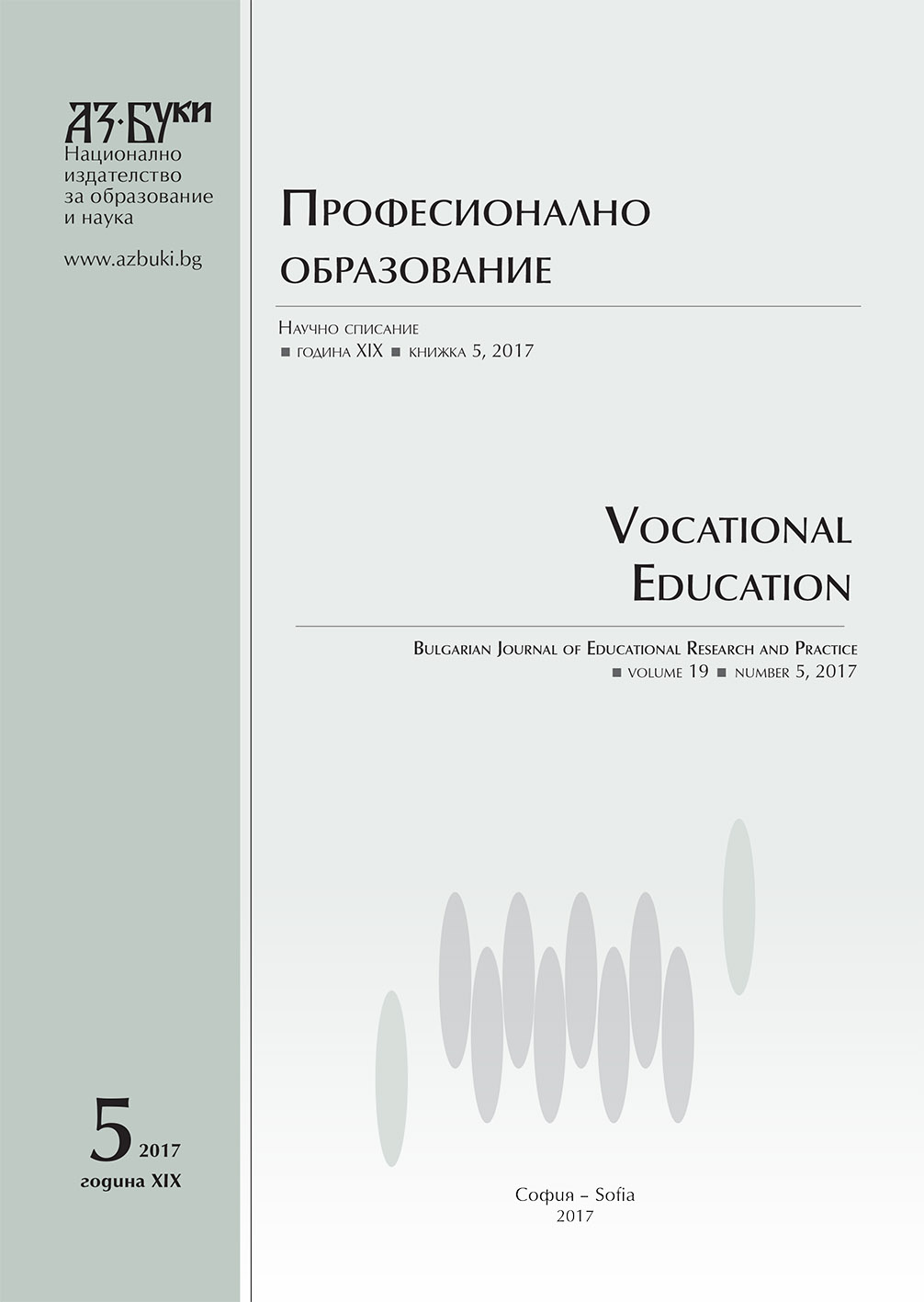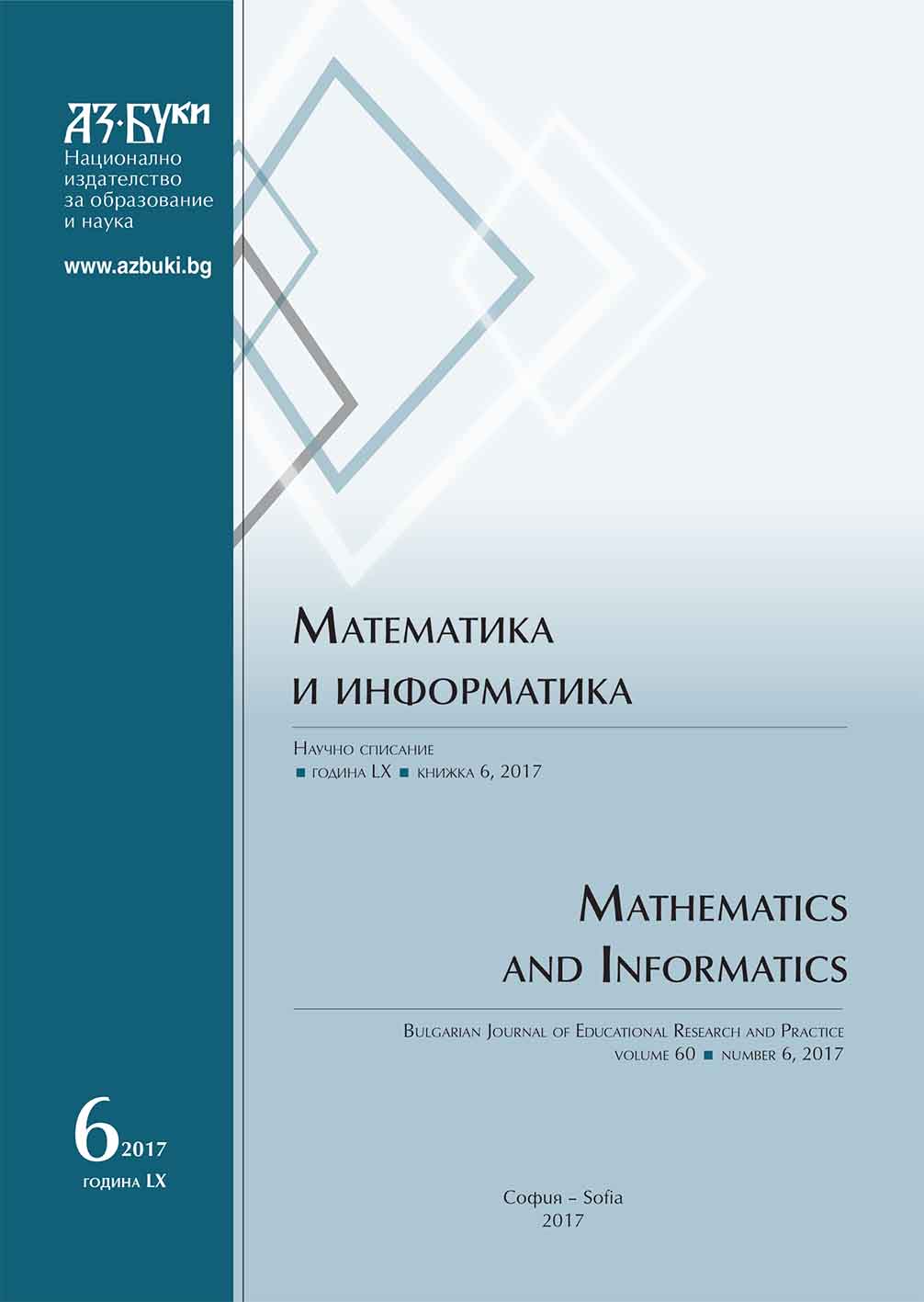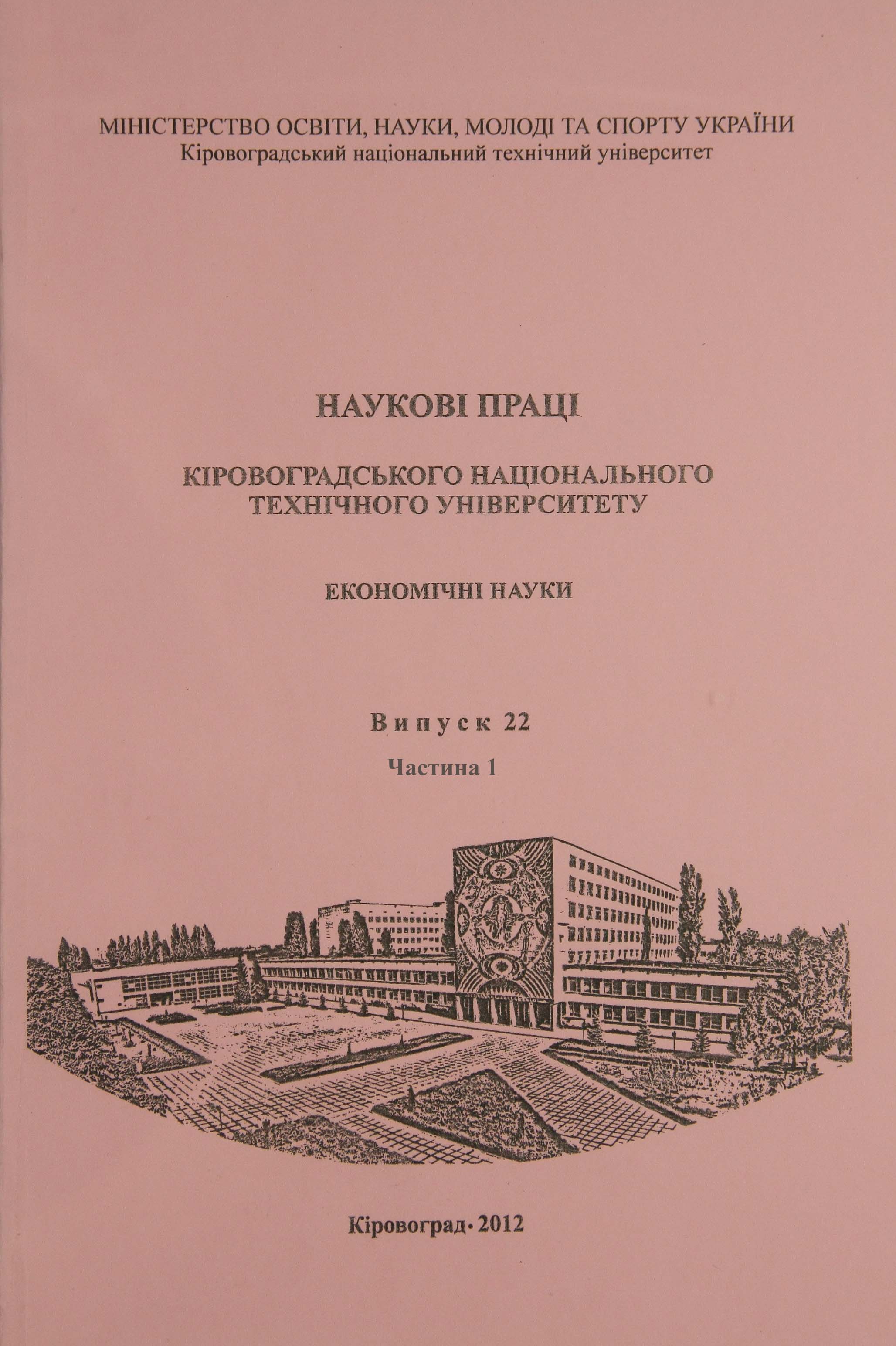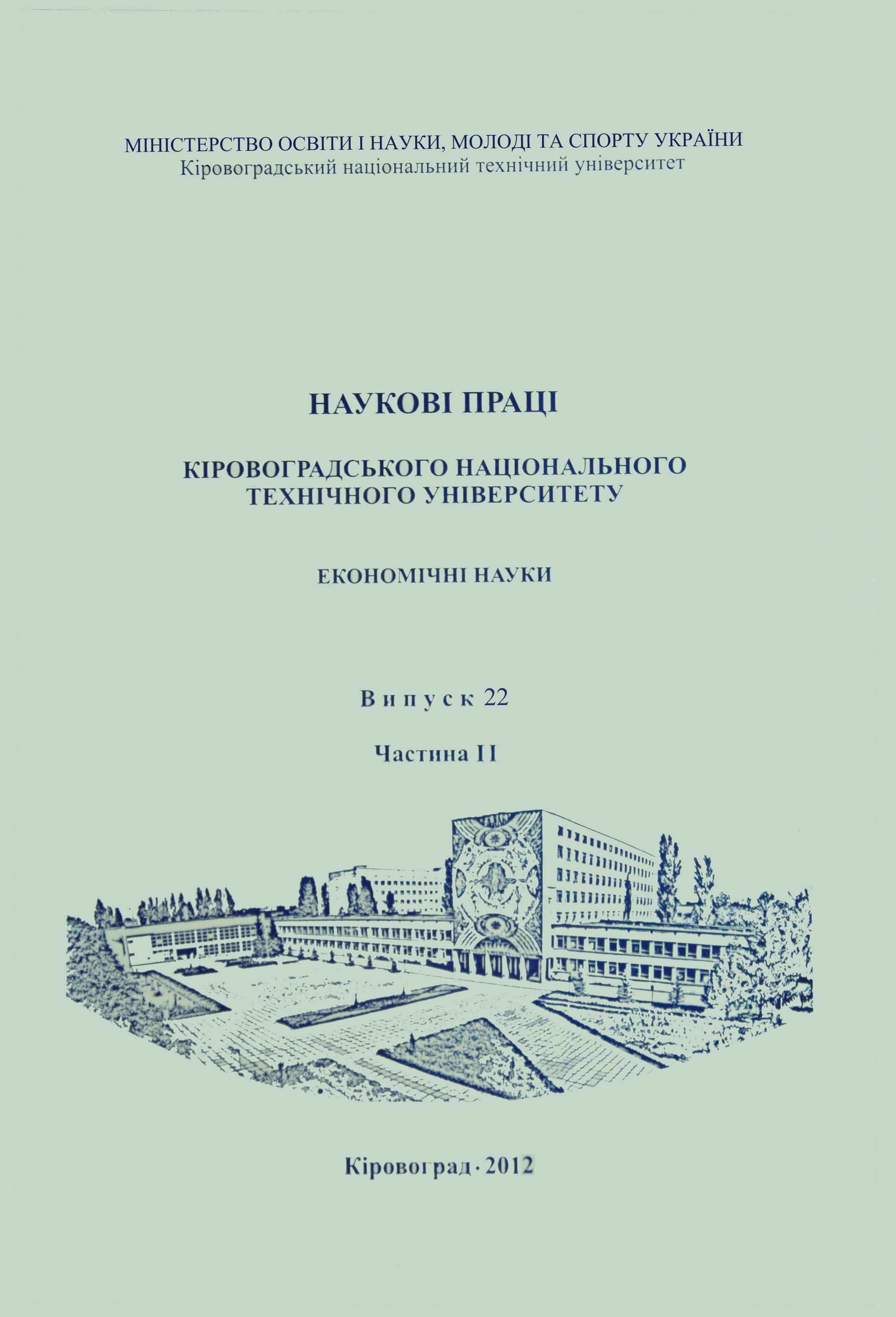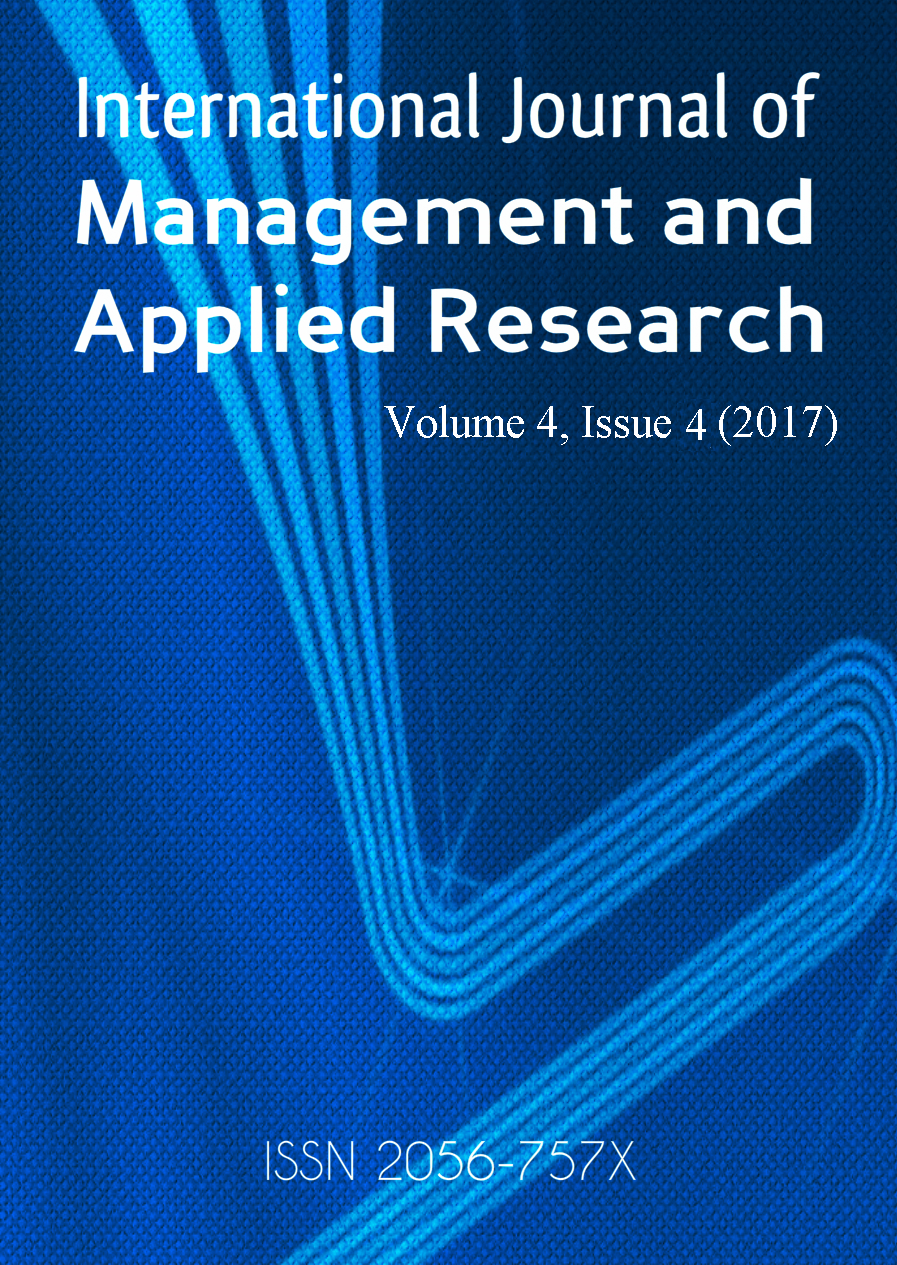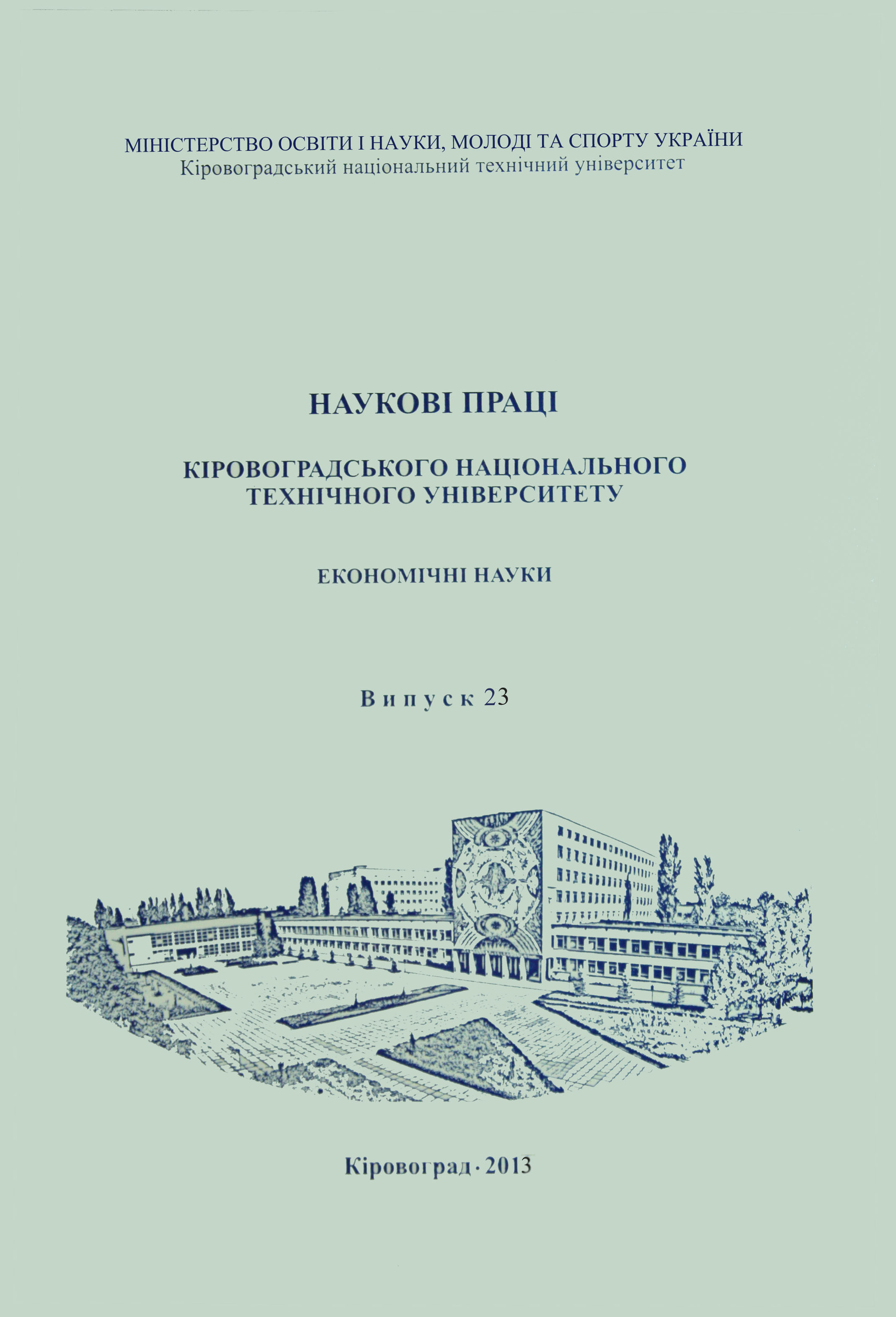
Податки на майно та його приріст: міжнародний досвід та українські реалії
The present article contains comparative analysis of international and Ukrainian approaches to taxation of property and its gains in terms of natural persons and legal entities with relevant recommendations and suggestions. In more details we have considered real property taxes, taxes on property transfer and taxes on net property, excluding debts.The main recommendations and suggestions, developed on the basis of performed analysis, are as follows: to divide property into two categories of “new” and “old” property considering acquisition of property rights in the form of privatization; to levy taxes on property and its gains at the local level taking into account location of such property; to use registration fees instead of taxes on property transfer; to develop unified approach as for taxation of property of natural persons and legal entities; to change approach as for taxation of inheritance and to consider property owned by the deceased person as conditionally sold at the moment of death with relevant taxation of income for amount of such conditionally sold property on the general basis.Additionally, we reviewed advantages and disadvantages of property taxation and assessed prospects of implementation of real property taxes in Ukraine. Upon results of such review we concluded that implementation of taxation of property and its gains in the taxation system of Ukraine is potentially productive, since such taxation may become one of the main and stable source of financing of both local and national state budgets, however, there are certain advantages and disadvantages of such type of taxation.One of the key advantages of property taxation is the fact, that such taxation can become a reliable source of budget expenditures financing. This tax can also be used for taxation of non-residents’ property, as well as financing services related to property maintenance and development of infrastructure. Additionally, it is almost impossible to avoid and evade such taxes and they can contribute to development of effective local authorities through greater autonomy in financing of their expenditures.The main disadvantages of implementation of real taxation of property and its gains are as follows: taxation of property and its gains taxes unrealized income from capital, i.e. such tax is levied regardless of whether the property was used in the economic activity and has become a source of income; taxes on property and its gains are usually paid once per year and may reach significant amount, thus, if they shall be implemented they will be paid by the overwhelming majority of the population and may lead to significant social disturbances; use of taxes on property and its gains will require execution of annual revaluation of property, which shall be also negatively perceived by citizens, since there will be always disputes regarding adequacy of the revaluation and therefore the amount of accrued tax.
More...
